The Charles B. Heiser Graduate Fellowship in Plant Evolution was established in 2002 by colleagues, friends, and former students to honor Distinguished Professor Emeritus Charles Heiser, who died on June 11, 2010. The fellowship was first awarded in 2009.
Heiser Fellowship
About Charles B. Heiser
Charles B. Heiser joined the IU faculty in 1947 and spent his entire career here. Heiser was a leading authority on sunflowers and a renowned ethnobotanist. His interests included natural hybridization and its evolutionary significance, as well as the origin of domesticated plants and agriculture. He was also an expert on naranjillas, gourds, chili peppers, and totora.
Heiser was a Fellow of the National Academy of Sciences and he received a Guggenheim Fellowship in 1953. He served as president of the American Society for Plant Taxonomy, the Society for the Study of Evolution, the Society for Economic Botany, and the Botanical Society of America.
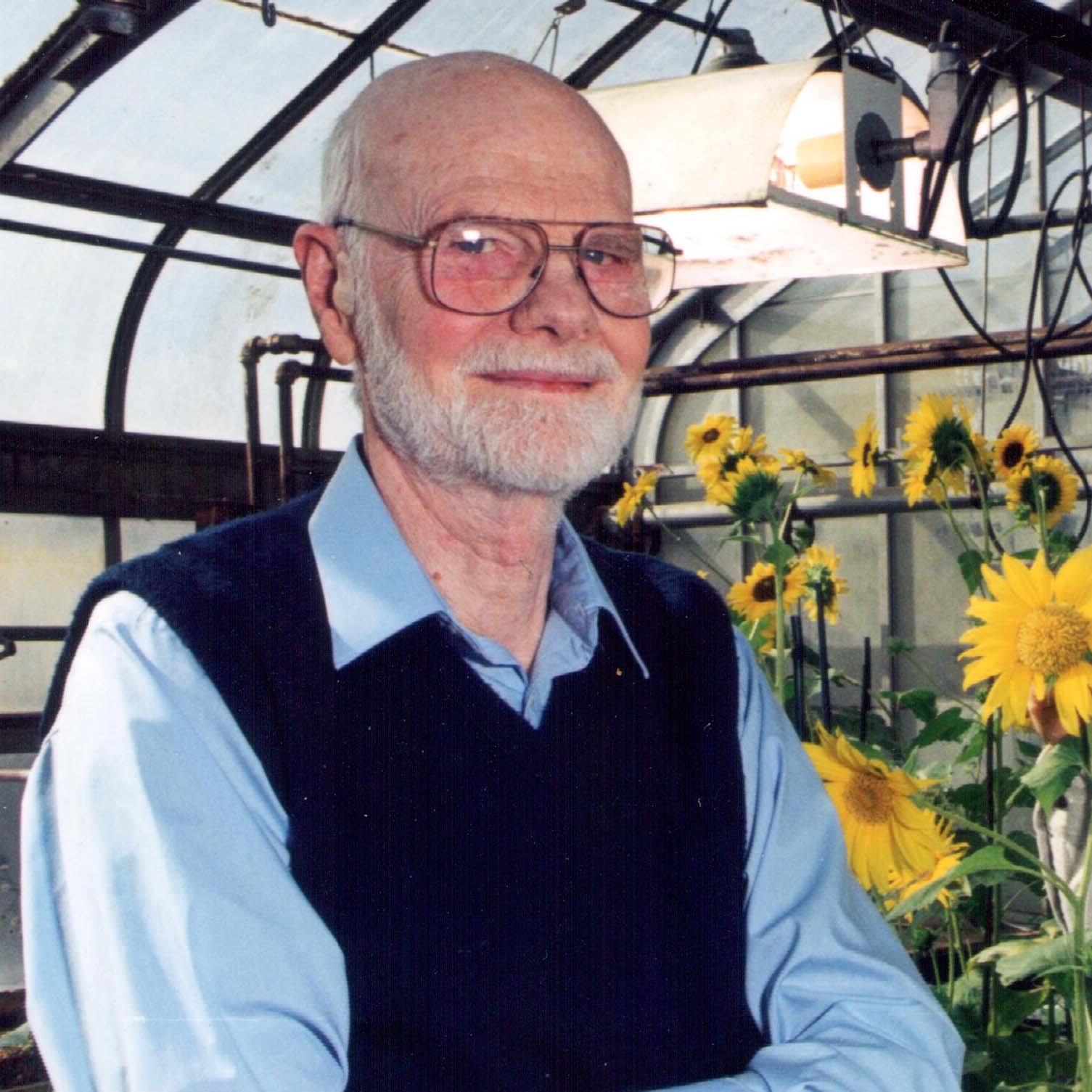
2025 Heiser Fellow: Madison McReynolds
Madison is a second-year Ph.D. student in the Shaw lab studying plant cortical microtubule array organization. Outside of lab, she's looking forward to continuing her work with the grad worker’s coalition, gardening, and caring for her pets (one cat, two geckos, fish, and shrimp).
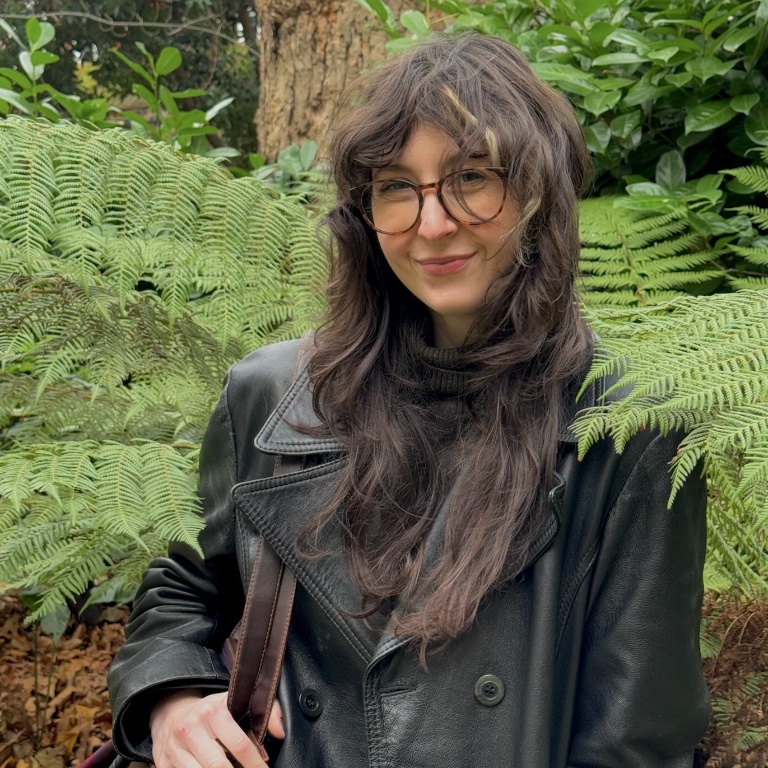
2025 Heiser Fellow: Zoe Hert
Zoe is a Ph.D. student in the Moyle Lab, broadly interested in the genomics of diversification. For her dissertation, she is investigating the mechanisms and history of fruit color evolution in nightshades (Solanum), with a particular focus on wild Galápagos tomatoes. She uses population genomics and phylogenetic comparative methods to examine this trait evolution across multiple scales. In addition, Zoe enjoys teaching and mentoring student researchers. She says it’s so exciting to see students build their computational skillset and then apply these skills to address biological questions.
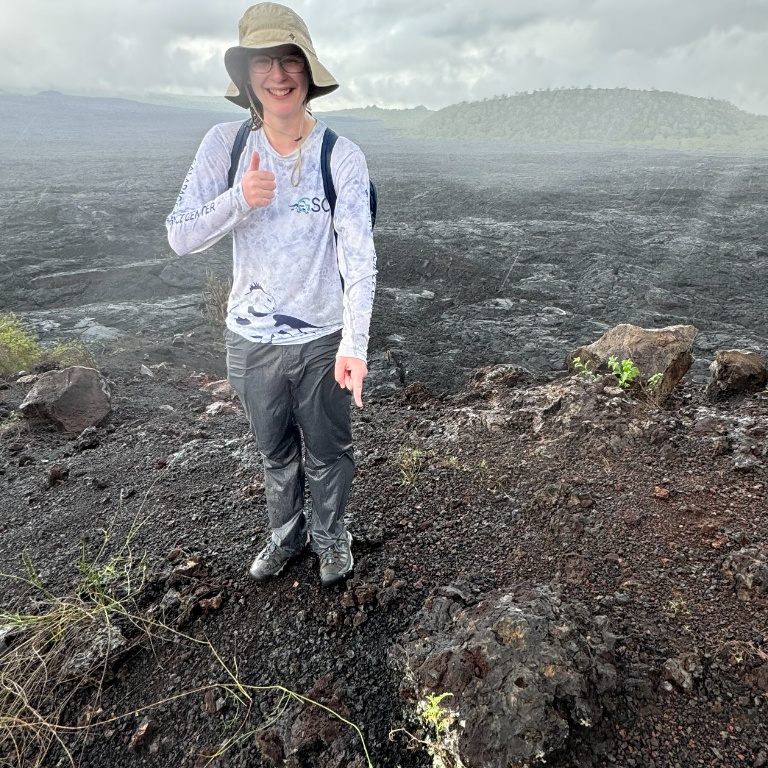
2025 Heiser Fellow: Caroline Edwards
Caroline is a member of the Moyle Lab in the EEB program. Her dissertation research explores how environmental factors and geography shape the distribution of trait variation within and among species in North American violets (Viola). She uses field experiments, historical plant records, and comparative methods to explore what drives trait variation spatially and temporally in this genus.
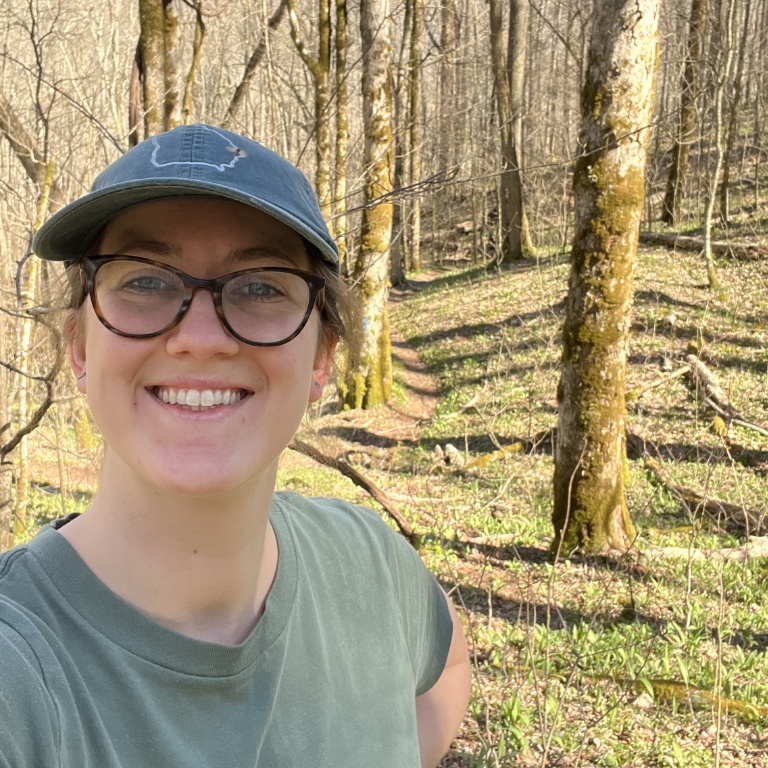
2022 Heiser Fellow: Tyler Frailie
Tyler Frailie is a fifth-year Ph.D. student working with Distinguished Professor Roger Innes. Tyler studies the co-evolution of cereal crops and their fungal pathogens. His research focuses on proteins secreted by fungi into plant cells that function to block host immune responses. In particular, he is studying a subset of these proteins that function as proteases to cleave specific host proteins inside host cells. By studying the conservation of these fungal proteases across species and the conservation of their host targets, he hopes to develop new strategies for engineering durable forms of disease resistance in crops. This in turn will help guide agricultural practices away from heavy reliance on fungicides towards more environmentally sustainable methods. The Heiser Fellowship will allow him to further develop a novel, low-cost, high-throughput method for determining protease target sequences within host plant proteins.
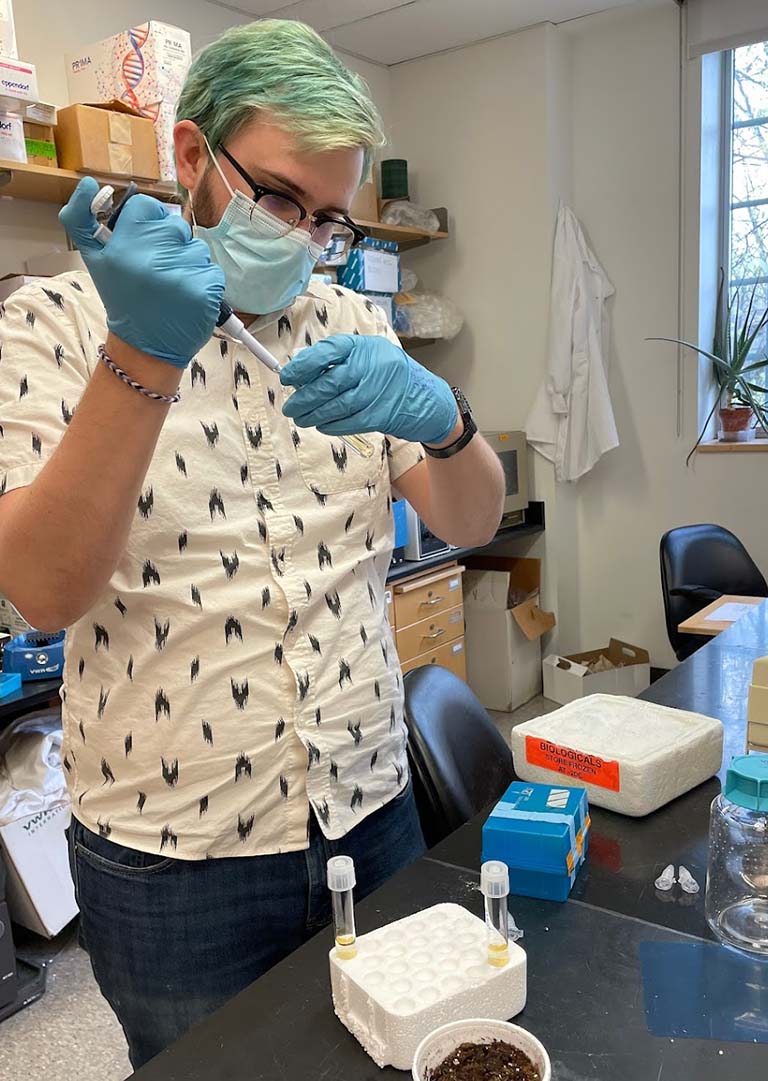
 The College of Arts
The College of Arts